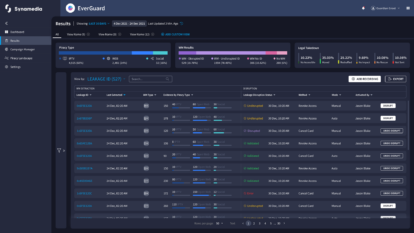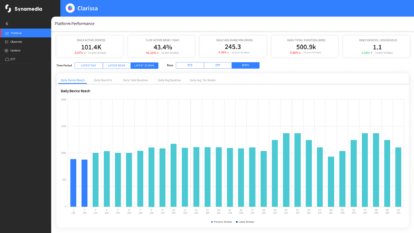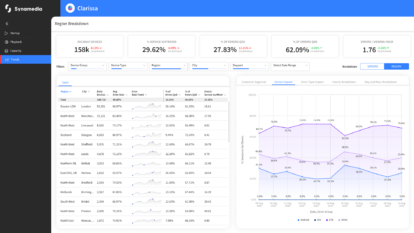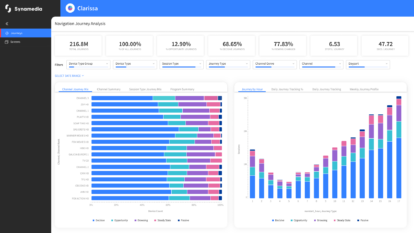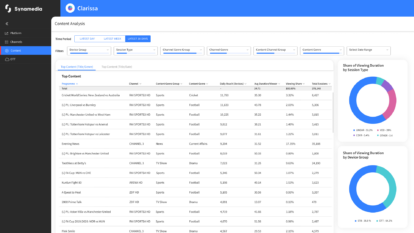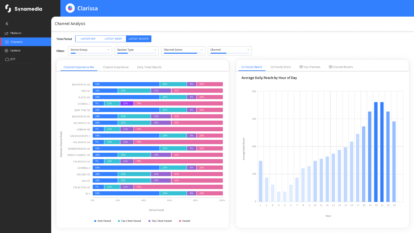LONDON – 14 March 2024 – Leading video software provider Synamedia today announced that Telia Norway, one of the largest communications companies and mobile network operators in Scandinavia, is deploying new optimisation technology from Synamedia to cut the cost of using cloud for its Time-Shift TV (TSTV) and cloud digital video recorder cDVR solution by up to 95%.
Developed with Amazon Web Services (AWS), Synamedia’s new technology is designed to change the way video is sent to and from the cloud to dramatically cut the cost of TSTV and cDVR services. Telia went live with Synamedia’s cDVR recording solution in Q3 2023 using a hybrid cloud model that includes AWS for common copy recordings. It also deployed Synamedia’s TSTV services for more than 200 channels in September 2023, using a hybrid mixture of on-premises and cloud services for control of live content, including restart and catch-up.
Stein Ivar Nilsen, Video Acquisition & Distribution Manager at Telia, said, “The combination of cloud expertise and technologies from Synamedia and AWS is formidable. With the development of these new optimisation technologies, the team went far beyond our expectations to deliver results that don’t just simply illustrate how we are a trailblazer but will be the envy of the TV sector.”
Elke Hungenaert, VP of Product Mgmt, Video Network, Synamedia commented, “With this innovation we have overcome one of our customers’ persistent obstacles to running cDVR workloads in the cloud – the cost. Using their creativity and technical expertise, our team of world-class engineers worked with AWS to develop a completely new way to compress data when sending video to and from the cloud. We expect many operators to adopt this technology in 2024 and benefit from huge savings in their cloud costs.”
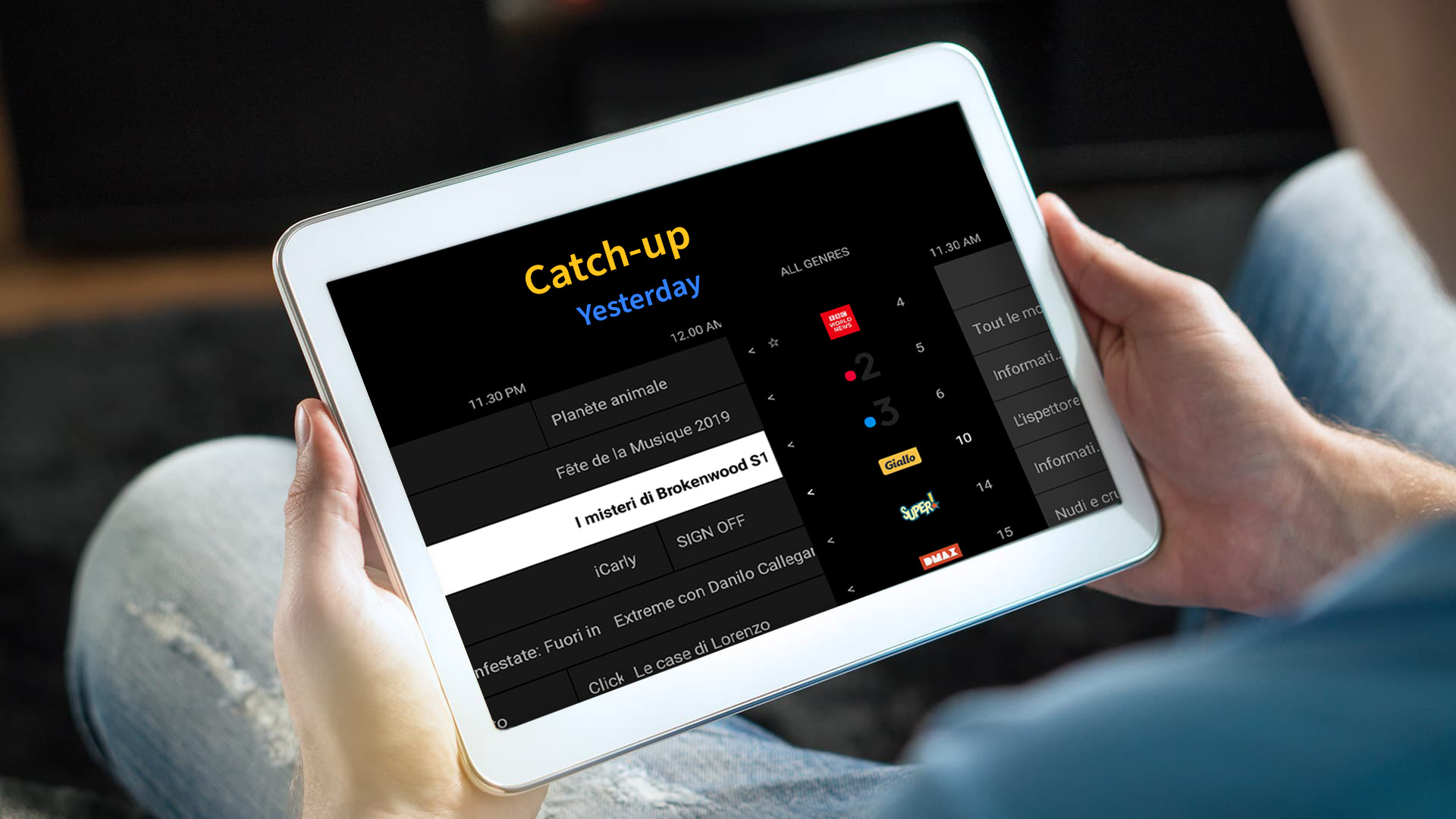
For press and analyst queries, please contact:
Rachel Postlethwaite
About Synamedia
We’re trusted by service providers and content owners to deliver, enrich, and protect video. The flexibility and agility of our cloud and SaaS products enable customers of all types and sizes to launch, monetise, and scale services at speed. Our award-winning portfolio includes advanced advertising, business analytics, broadband and streaming video platforms, intelligence-led anti-piracy, and video network cloud and software solutions. Synamedia is backed by the Permira funds and Sky.
Twitter: @SynamediaVideo
LinkedIn: Synamedia
